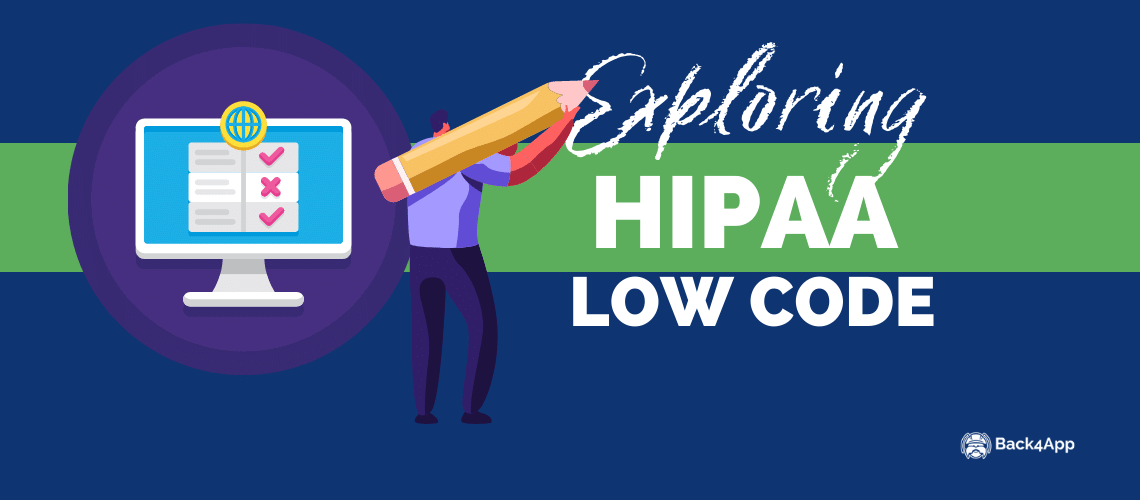Would you like to use an open-source Mobile Backend as a Service (MBaaS) solution for your next app development project?
This article describes the various pricing models, core features you need, and the top ten open-source platforms today.
Since the advent of cloud computing, the industry has grown exponentially due to its many benefits. Many businesses prefer to build, release, and maintain their web or mobile apps on the cloud.
Startups, small businesses, and large companies are using MBaaS solutions to host apps and other business needs.
While Backend as a Service offers good solutions, the open-source options make it even better. The many open-source Backend as a Service providers out there makes the process of selecting one overwhelming.
To help make your research easier, this article describes the best 10 open-source MBaaS providers along with their pricing models and platform features.
Read More



